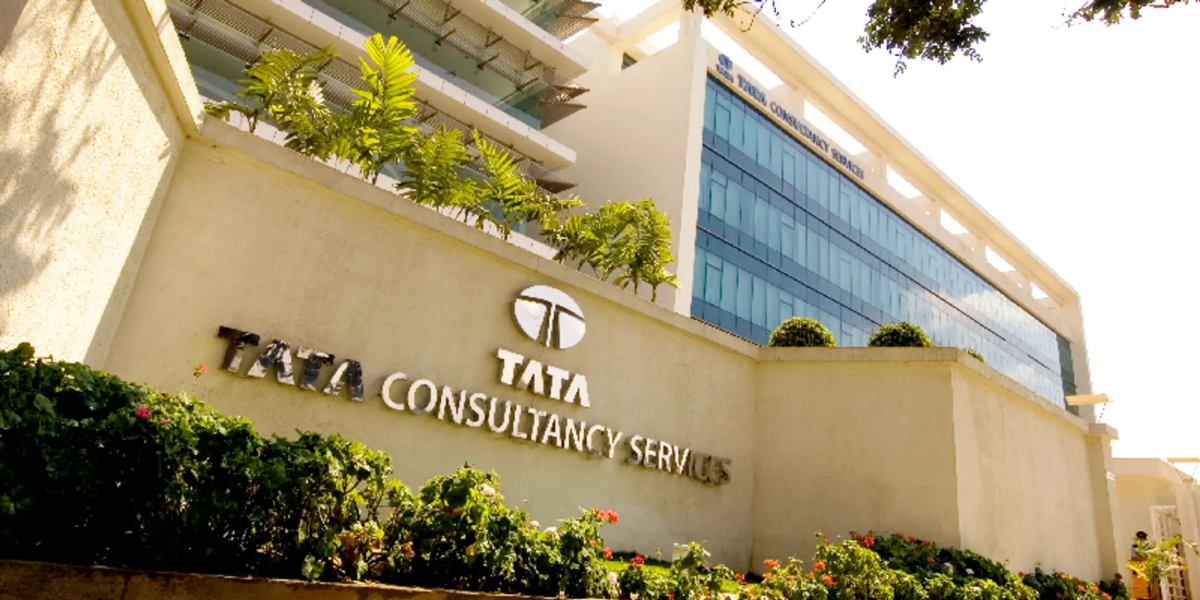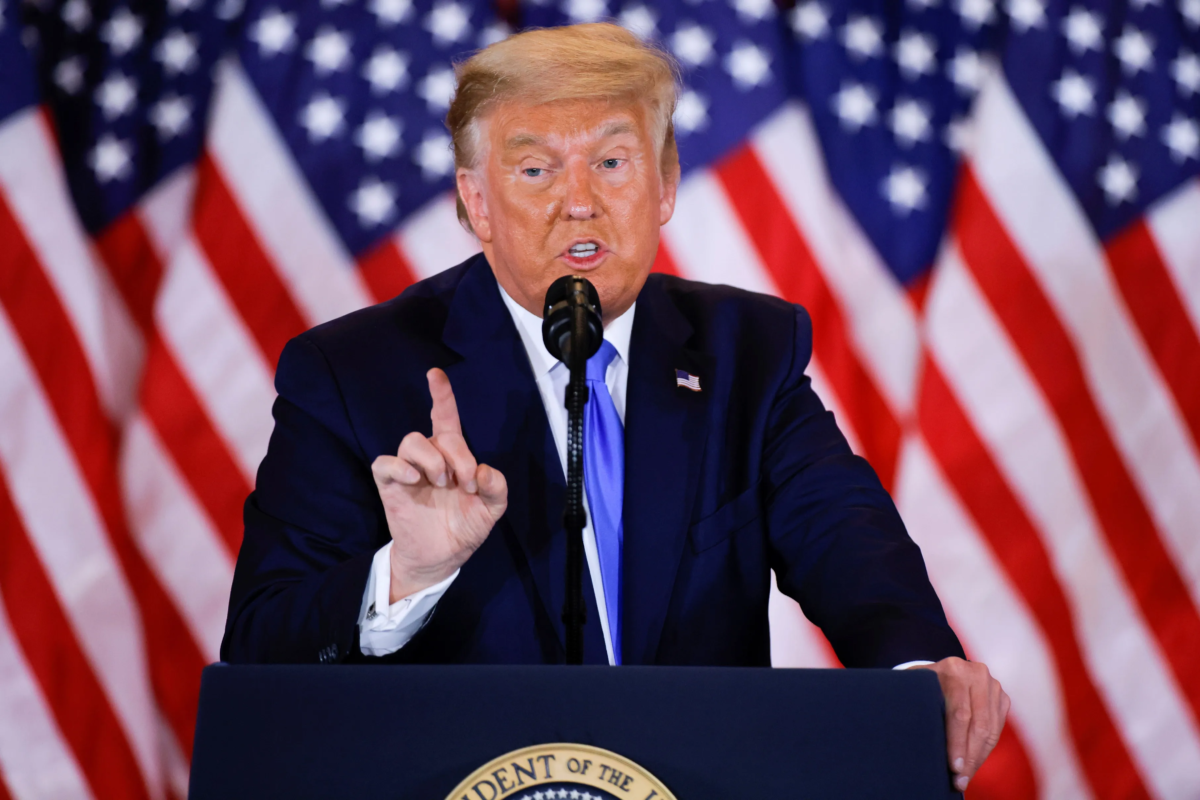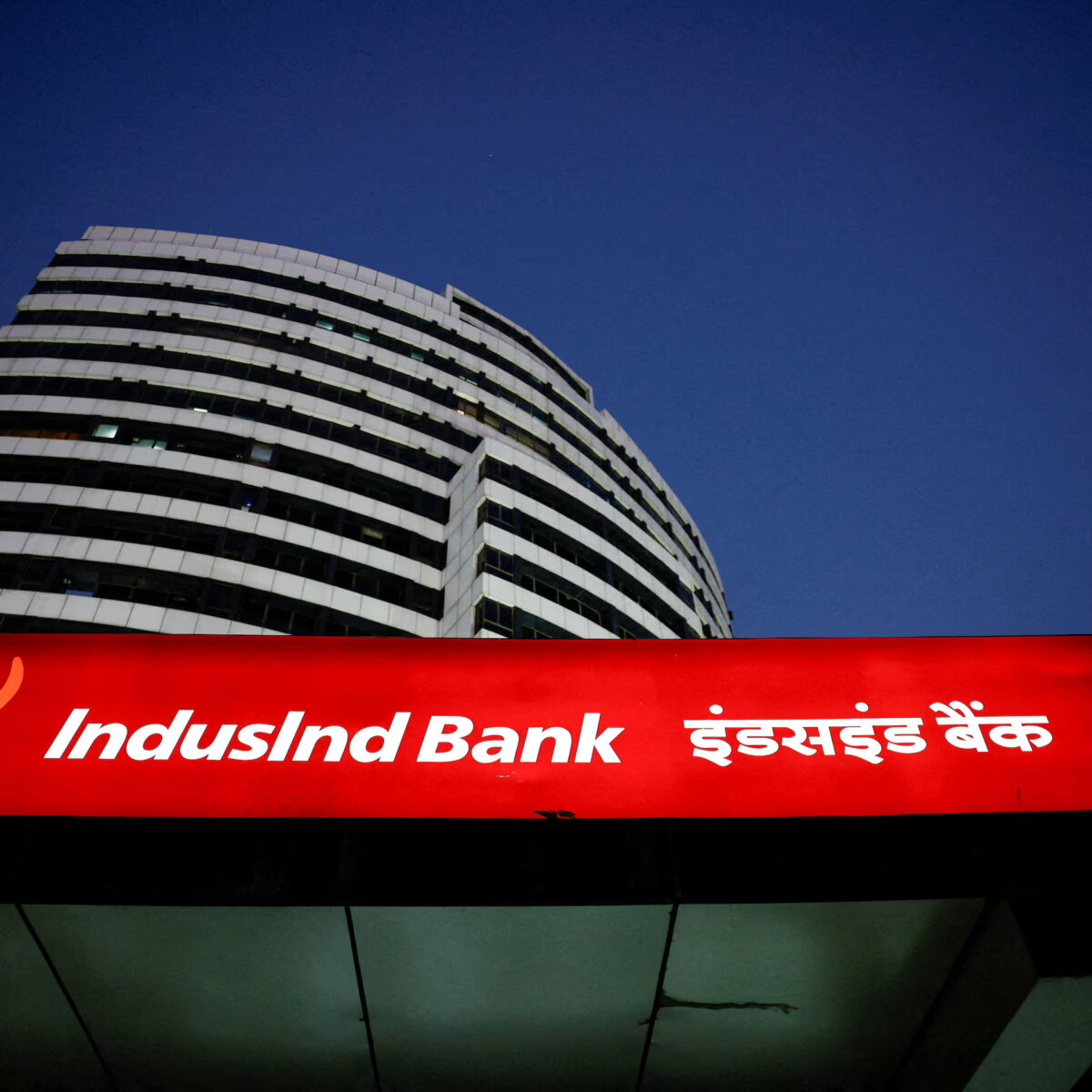Tata Consultancy Services (TCS) Ltd CFO Samir Seksaria, in an exclusive interview with Business Today on Friday, said all major markets of the country’s largest IT exporter posted positive growth. “The company’s margin slipped by 30 basis points in the fourth quarter (Q4 FY25) due to significant investments in merit-based interventions (promotions), which were effective January 1, 2025, taking the total number of promotions to about 1,10,000 in Q4. So, one in six people got a promotion in the last financial year (2024-25). Then, we made investments in non-employer expenses on capability building etc,” he stated.
“In the regional market, BFSI, energy resources and utilities continue to perform better. FY25 is still better than FY24 in terms of constant currency (cc). Going forward, we expect current uncertainty to resolve sooner rather than later and when that happens, we should see FY26 better than FY25, at least in the major markets,” Seksaria also said.
Commenting on the BSNL deal, he said, “We have delivered a significant portion of it. 1,00,000 sites were to be delivered, out of which 90,000 have been commissioned and 80,000 are live. We will be completing the balance in the due course. We’ll have opportunities in terms of additional sites which might come up from BSNL itself. We can take the solution to other customers and enterprises in India. Also, we can take it globally. So, we have demonstrated our capabilities and that was the key reason for taking the sale. Based on these capabilities, we should be able to participate further.”
On wage hikes, Seksaria said, “We are not saying that we are not going to give wage hikes this year. It has been put on hold given the uncertainty. Once we get better certainty on the macros, we will reconsider that decision.” The TCS CFO also mentioned that the campus hiring numbers remain unchanged.
TCS has decided to defer employee salary hikes for this year which were earlier expected to start in April, citing the growing macroeconomic uncertainty intensified by the ongoing tariff war between the US and other countries.
The IT major reported a 1.68 per cent year-on-year (YoY) drop in net profit at Rs 12,224 crore for the March quarter compared with Rs 12,434 crore in the same quarter last year. TCS said its consolidated sales for the quarter rose 5.29 per cent YoY to Rs 64,479 crore from Rs 61,237 crore in the same quarter last year.
The company won orders worth $12.20 billion in the March quarter, with a book-to-bill ratio of 1.6 times. The IT firm also announced a final dividend of Rs 30 per share.
Top-notch SEBI registered research analyst
Best SEBI registered Intraday tips provider
Telegram | Facebook | Instagram
Call: +91 9624421555 / +91 9624461555



